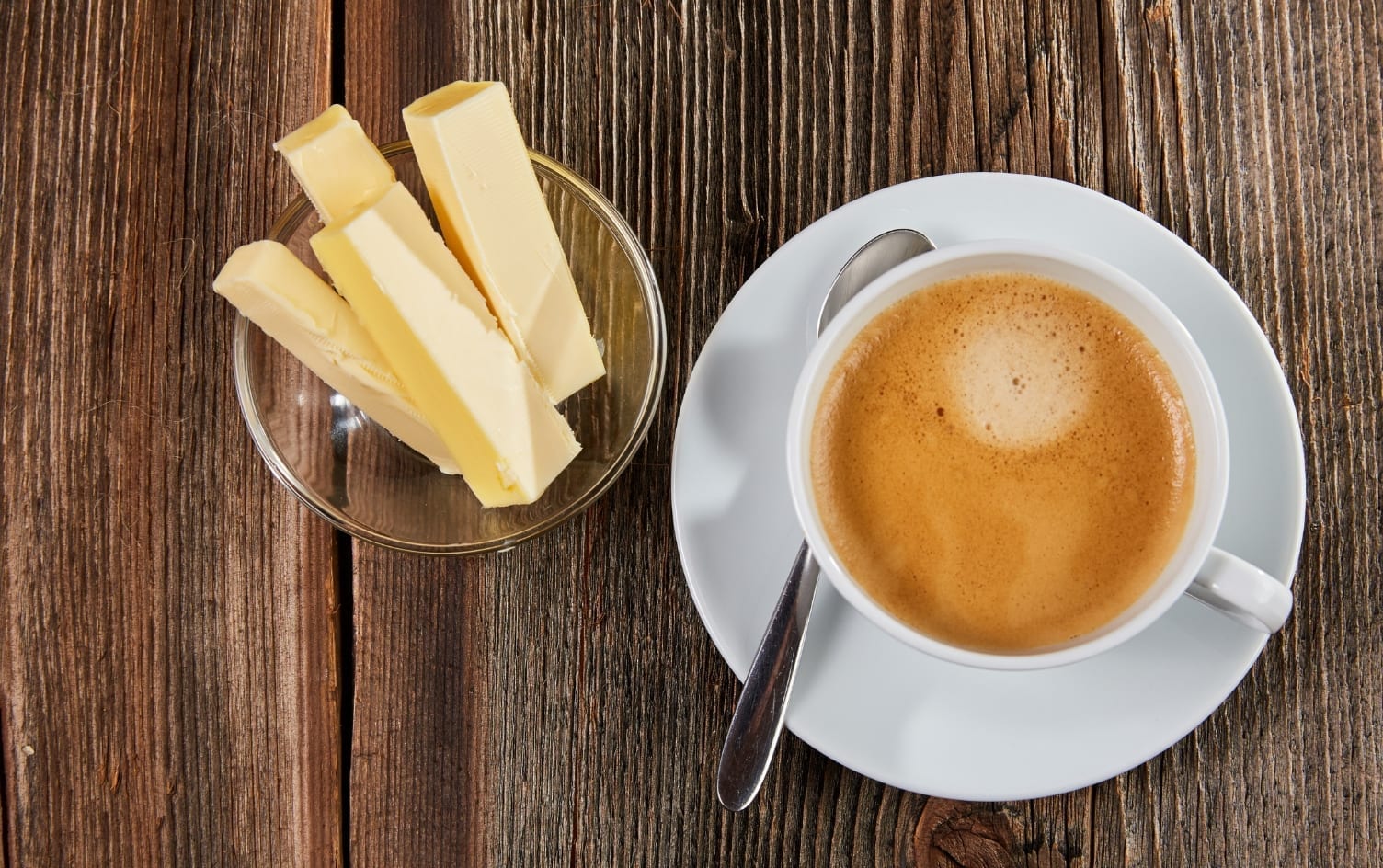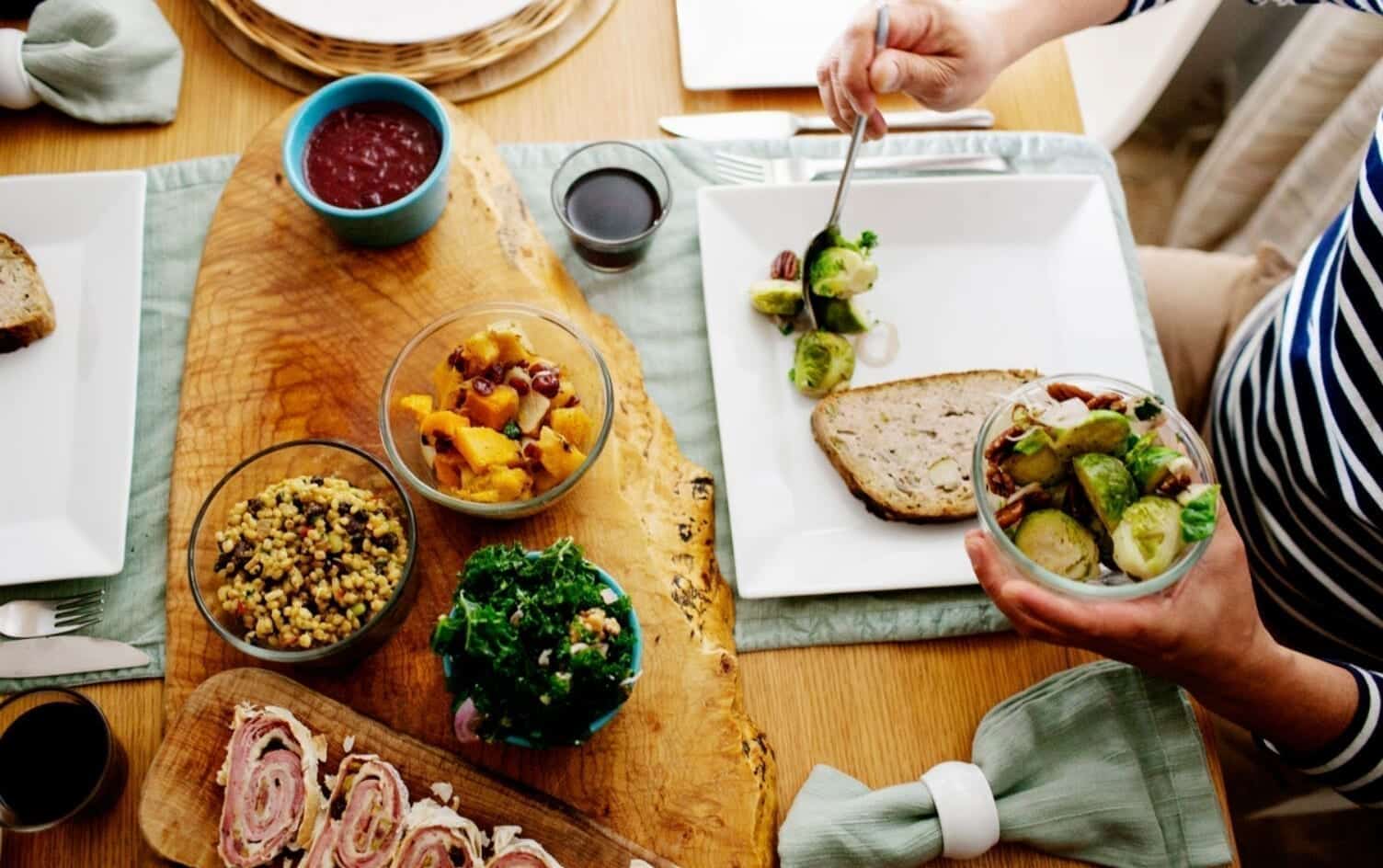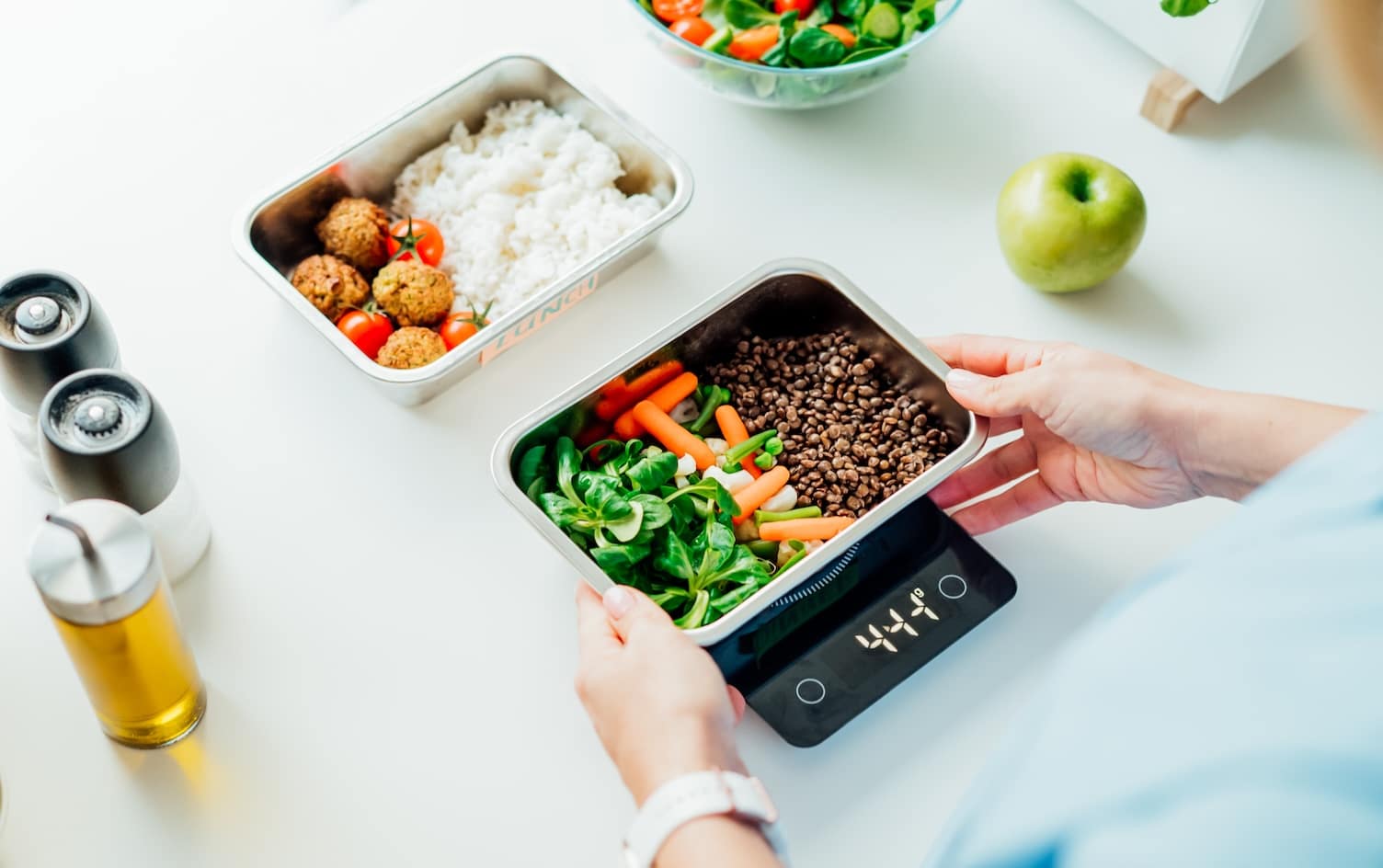Swapping cauliflower for mashed potatoes, zucchini “zoodles” for noodles and frozen bananas for a non-dairy “nice” cream has become so mainstream that even restaurants serve dishes with these alternatives. While there’s nothing wrong with making these swaps from time to time, it’s important to note that sometimes these good intentions may hinder, rather than help, gut health.
“Sometimes too drastic a cutback or too dramatic a switch can result in GI issues such as bloating, constipation or abdominal pain — or exacerbate pre-existing GI issues,” says Leslie Bonci, MPH, RD, owner of Active Eating Advice.
Here, four common food swaps that could cause more discomfort compared to the originals. Be mindful of how your body reacts when you eat these to decide if you want to rethink any of them.
CAULIFLOWER INSTEAD OF CARBS
Once just a cruciferous vegetable, today cauliflower is a stuntman for potatoes, rice and wheat in things like pizza crust or stir-fries. But this may not be a smarter choice for everyone. “Cauliflower is a high FODMAP food,” Bonci says. This acronym stands for fermentable oligosaccharides, disaccharides, monosaccharides and polyols. Foods high in any of these carbs can cause GI distress, particularly gas and bloating in those with IBS, Bonci says.
The smarter choice: Stick with classic potatoes, which “provide energy, soluble and insoluble fiber and are a low-FODMAP food,” Bonci explains. In addition to mashing them, you can use them make gluten-free pizza crust.
SUGAR ALCOHOLS INSTEAD OF SUGAR
Food manufacturers often use sugar alcohols such as erythritol, sorbitol, mannitol and xylitol to make sugar-free or “no-sugar-added” foods and sweeteners. Since they have less impact on your blood glucose, such sweeteners might seem like a good choice for people trying to lose weight. However, consuming sugar alcohols can cause diarrhea, gas and bloating.
The smarter choice: If you want to cut back on your sugar consumption at home, use a little real sugar and then add spices such as ginger, cinnamon or pumpkin pie, which don’t upset your stomach, Bonci suggests. You may not notice a taste difference, according to a study published in the Journal of Food Science in 2018. Researchers served people regular apple crisp and then a crisp made with 37% less sugar plus added spices. More people liked the low-sugar spiced version better than the original, full-sugar apple crisp.
HIGH-FAT FOODS INSTEAD OF CARBS
The popularity of the low-carb, high-fat ketogenic diet has many people piling on the fat. While we know healthy fats are good for us and add fabulous flavor, “too much fat is definitely not going to do any favors for gut comfort,” Bonci says. A high-fat diet can cause either diarrhea or, because it tends to be low in fiber, constipation.
The smarter choice: Be mindful of how much fat you add. “Try roasting veggies with a little oil, adding a few slices of avocado rather than the whole thing to your plate. Or add a small pinch of shredded coconut to a smoothie rather than a few tablespoons of coconut oil,” Bonci recommends.
PLANT-BASED MILKS INSTEAD OF TRADITIONAL DAIRY
Plant-based milks, like almond and oat, have become trendy, but even if you’re lactose-intolerant, Bonci recommends giving some dairy a chance.
The smarter choice: “Plant-based milks do not contain probiotics, which can be helpful to the gut. Instead, opt for cultured dairy foods such as yogurt or kefir,” Bonci says. “These contain live active cultures that split the lactose, so you may experience less GI distress.”




